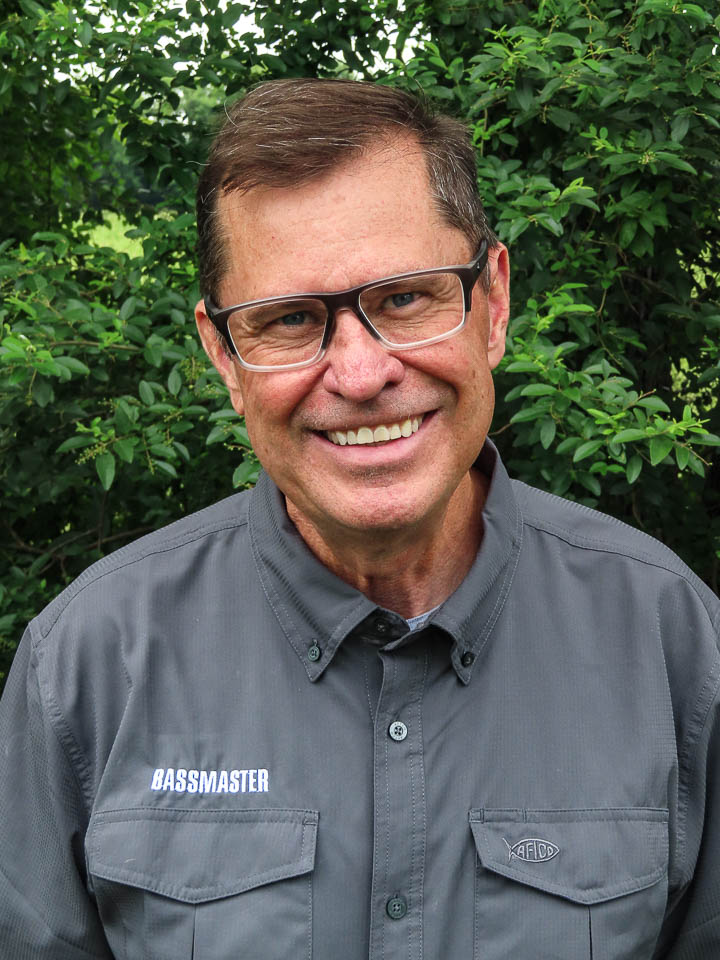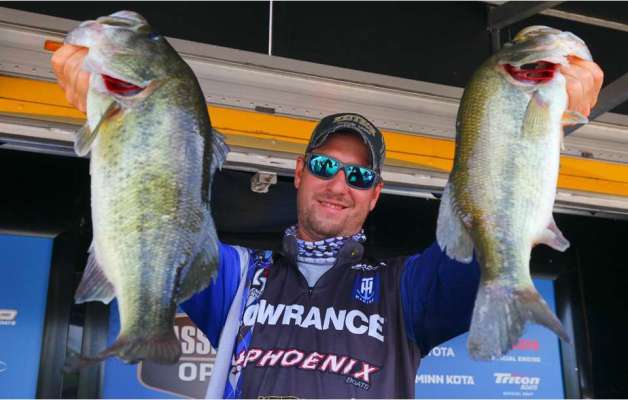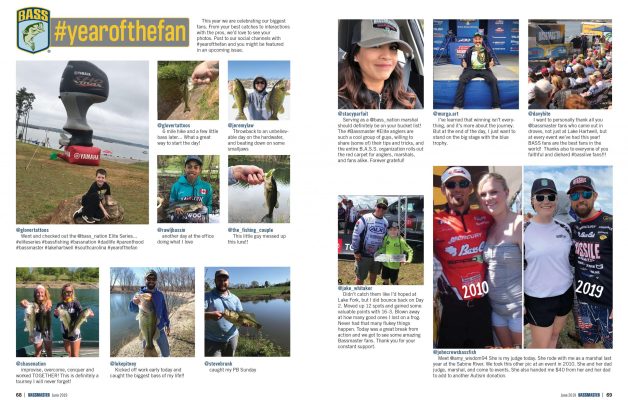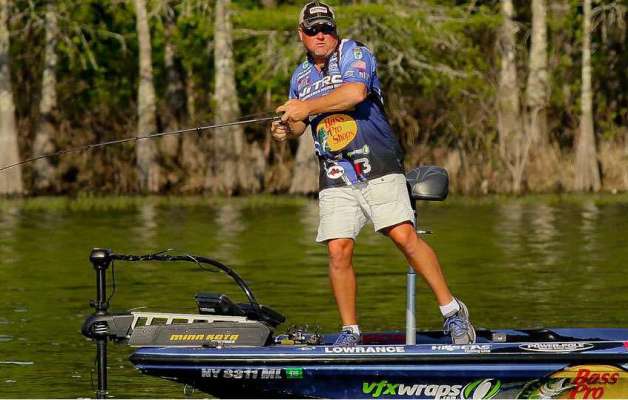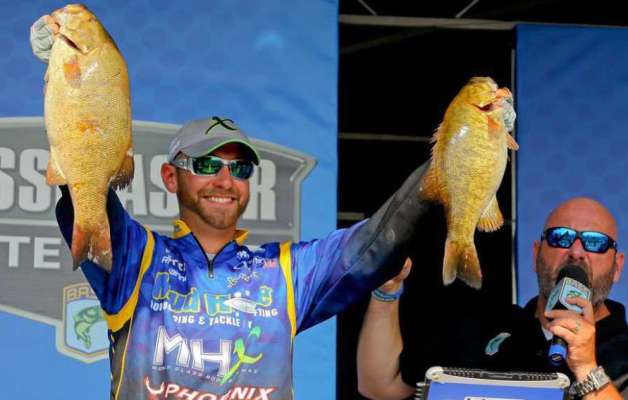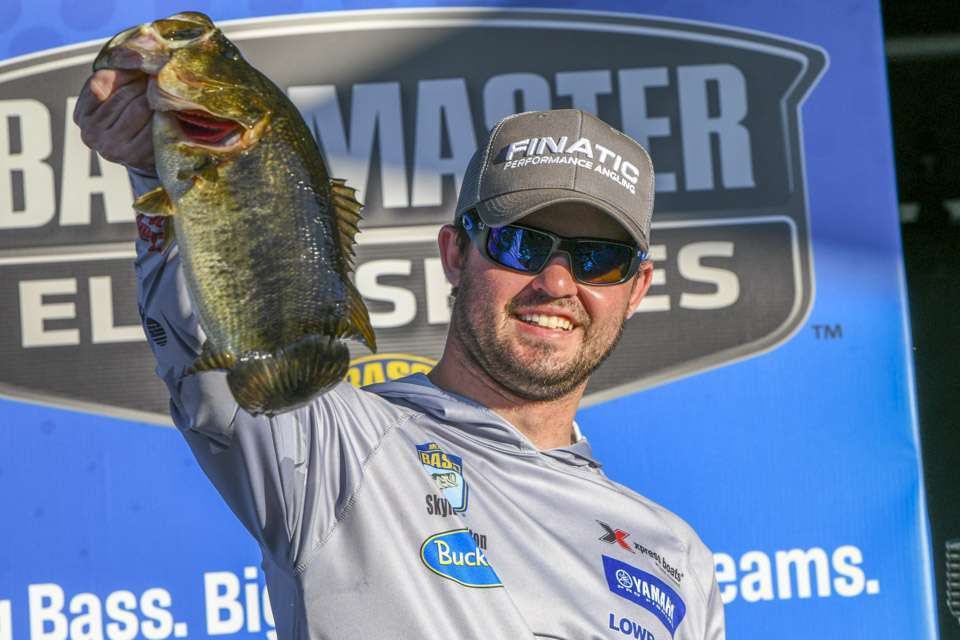
Skylar Hamilton is fishing his third Bassmaster Elite Series season at age 24, and though admittedly young, the Tennessean is anything but a tournament neophyte.
Hamilton began fishing club tournaments when he was only 12, and four years later chose his future career as a bass pro. He took the first step in 2011 at the Bassmaster Open held on Douglas Lake, where his family lives.
Since Skylar was still a minor, his parents, Larry and Tammy, had to sign a release allowing him to compete. He even borrowed his father’s boat for the tournament. The 16-year-old earned a check with a respectable 22nd-place finish.
Fifty events later, the young pro has an Opens win, a Bassmaster Classic qualification and two Elite Series seasons behind him. So to think Hamilton entered the fray too soon at his young age goes against his already impressive track record.
“I still have a long way to go, but growing up through this sport has helped me mature as a person, become a better angler and even more experienced on the business side of it all,” he explained.
Hamilton learned the ropes by fishing four full seasons on the Opens. He joined the Elite Series in 2017 and hasn’t looked back. Coincidentally, he also finished 22nd at 2019’s first event held on Cherokee Lake, also near his home.
“The Opens helped me tremendously because they gave me a sense of how to measure up against some of the best anglers in the sport,” said Hamilton. “So I have no regrets about joining the Elites too soon. I was ready.”
There have been lessons learned since the start. Hamilton learned that you could spend all the time you have available honing fishing skills, but that is only one side of a pro career. There are many other aspects that only come after experiencing them without practice.
“Time management was the biggest lesson learned during my rookie year,” he said. “It’s not all about fishing. There is scouting, practice, the business side and even how you manage the very limited time you have following weigh-in until bedtime.”
Hamilton learned about time management the hard way. Family health issues interrupted his first season and overall, he persevered through the adversity.
His sophomore season was better. He learned to strike the balance and prioritize. The rookie curse was off his back, and he gained more confidence, focus and took things more in stride.
“I prioritized and managed the time after realizing what all it takes while making family first,” he said. “I planned ahead, spread the business side out across the season.”
At the same time, the fishing side benefited along with gaining more experience during the intense competition against the sport’s top anglers. Time management gave way to the mental side of the game as his priority.
“Confidence. That is what I would say has been the greatest lesson learned after two seasons,” he said. “Now I’m more open minded, just go fishing, even if I had a bad practice and just let it fall into place.”
Confidence also broods a more open-minded, forward-thinking approach. Relying on gut instinct instead of forcing a predetermined game plan are the byproducts of confidence.
“The first season I second guessed, tried to force things and that led to a lot of frustration,” he said. “Bass fishing is all about adapting to change, and you cannot come into a tournament with a preconceived notion about how it’s going to play out.”
What excites him most about the 2019 season are the Elite Series newcomers.
“I’m excited because the new guys will energize the Elite Series, bring excitement, fresh energy and most of all, a positive attitude,” he said. “We were getting stale and there was a lot of negativity going on last season.”
I got kind of bummed out about it all,” he added. “Now, with everyone more positive and upbeat, it will catch on from my peers to the media, fans and sponsors.”
Hamilton feels a special bond with the incoming rookies that qualified through the Opens, also his chosen route.
“Those guys really earned it, and it’s almost like a fraternity that always sticks together,” he said.
Hamilton continues setting higher goals after learning to cope with the successes and failures that are part of the job.
“We have so many tournaments during the spawning cycle, and I want to get better at intercepting and pinning down transitional fish,” he said. “That’s not easy to do but it’s a must when the fish are between prespawn and postspawn in so many of our events.”
Qualifying for a Top 10 finish in the season points standings is another goal. Hamilton wants to move up the points with each season. With two years behind, 2019 will provide plenty of opportunities.

